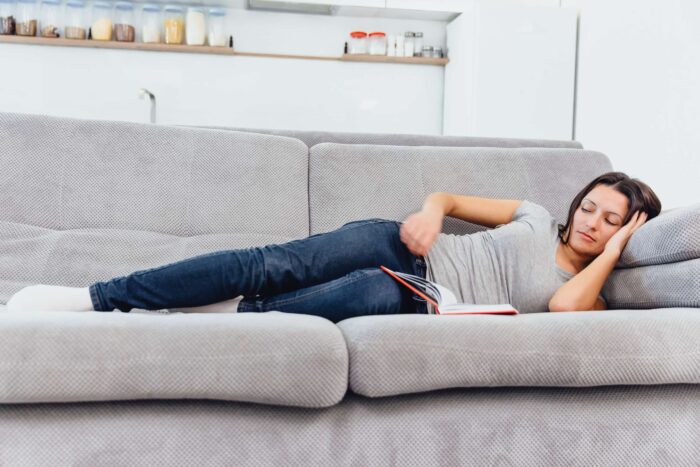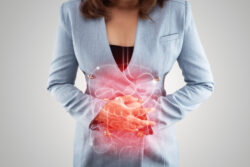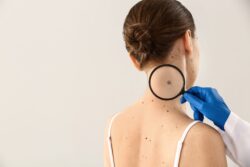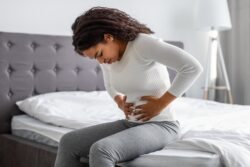How to Relieve Any Pain or Discomfort You May Feel After Gallbladder Surgery
It should go without saying, but any surgical procedure that you undergo causes trauma to your body. This is true for both cosmetic surgeries (like breast augmentation or tummy tuck surgery) and for medically necessary surgeries, like gallbladder removal. Because of this, the recovery process is important to your overall health and the surgery’s results. It’s important to know what to expect after your procedure. And while certain side effects may be specific to different surgeries, pain and discomfort in the surgery site are common among all surgical procedures.

While gallbladder surgery is a safe procedure that is commonly performed, the reality is that you will experience some soreness and even pain during the days and even weeks after your surgery. However, there are ways to proactively relieve some of the post-surgical pain.
What Is Gallbladder Surgery?
Your gallbladder is responsible for storing bile from the liver. This bile is then released from the gallbladder into the duodenum in the small intestine to help break food down during digestion and also to absorb fats from the food you eat. At times, gallstones (hardened fluid) can develop in the gallbladder and cause pain for men and women.
When this happens, the gallbladder is usually removed to relieve the pain and help your body function properly again. Dr. Moore performs Robotic-Assisted Laparoscopic Gallbladder Surgery with Firefly technology, which uses a 3-D camera to help him see inside the body as he removes the gallbladder laparoscopically (through four very small incisions on your stomach).
Once the gallbladder is removed, patients are able to resume their normal lives with much less pain, though usually with an altered diet due to the loss of the gallbladder.
How to Minimize Discomfort During Your Recovery?
Gallbladder surgery recovery time varies for each patient, though many men and women require about six weeks to fully heal. While there is no way to completely avoid feeling some discomfort and soreness, here are some ways to minimize any adverse reactions that you may experience…
Allow Your Body to Rest
You can think of gallbladder surgery as a controlled injury to your body. Not only are you having an organ removed, but you are also having small incisions made in your stomach. Because of this, you need to allow your body to rest and recuperate. In fact, for the first 24 hours, it is important to limit all movement. Make sure that you have someone there to help you around the house during that first day after your procedure. Also, it is necessary to refrain from any strenuous activity along with lifting anything over 10 pounds until Dr. Moore clears you to return to your normal activities.
Don’t Become a Couch Potato
Though it is important that you refrain from any activities that may put pressure on the surgical area, which will allow your incisions to heal and won’t disturb your healing body, you need to make sure that you are moving around as much as your body allows. Light exercise, such as short, slow walks and light stretching, can help you recover faster. That is because light exercise promotes blood circulation, which helps your body heal quicker.
Pay Attention to What You Put in Your Body
Most men and women who have had their gallbladder removed must adopt a changed diet. This means eating healthier and staying away from foods that may irritate the body, including spicy foods. It is also important that you drink plenty of water, as water helps your body flush out toxins in the body and promotes healing. Dr. Moore will discuss which foods may be bothersome to your body after your surgery.
Take Prescribed Medications
Along with pain medication, you will be prescribed antibiotics to take following your gallbladder removal. To ensure your health and prevent complications, it is important that you take all required medications. If pain persists or increases, make sure that you are contacting Dr. Moore immediately.
For more information about gallbladder surgery, please contact Patrick Moore MD, FACS by calling 951-477-5700.




